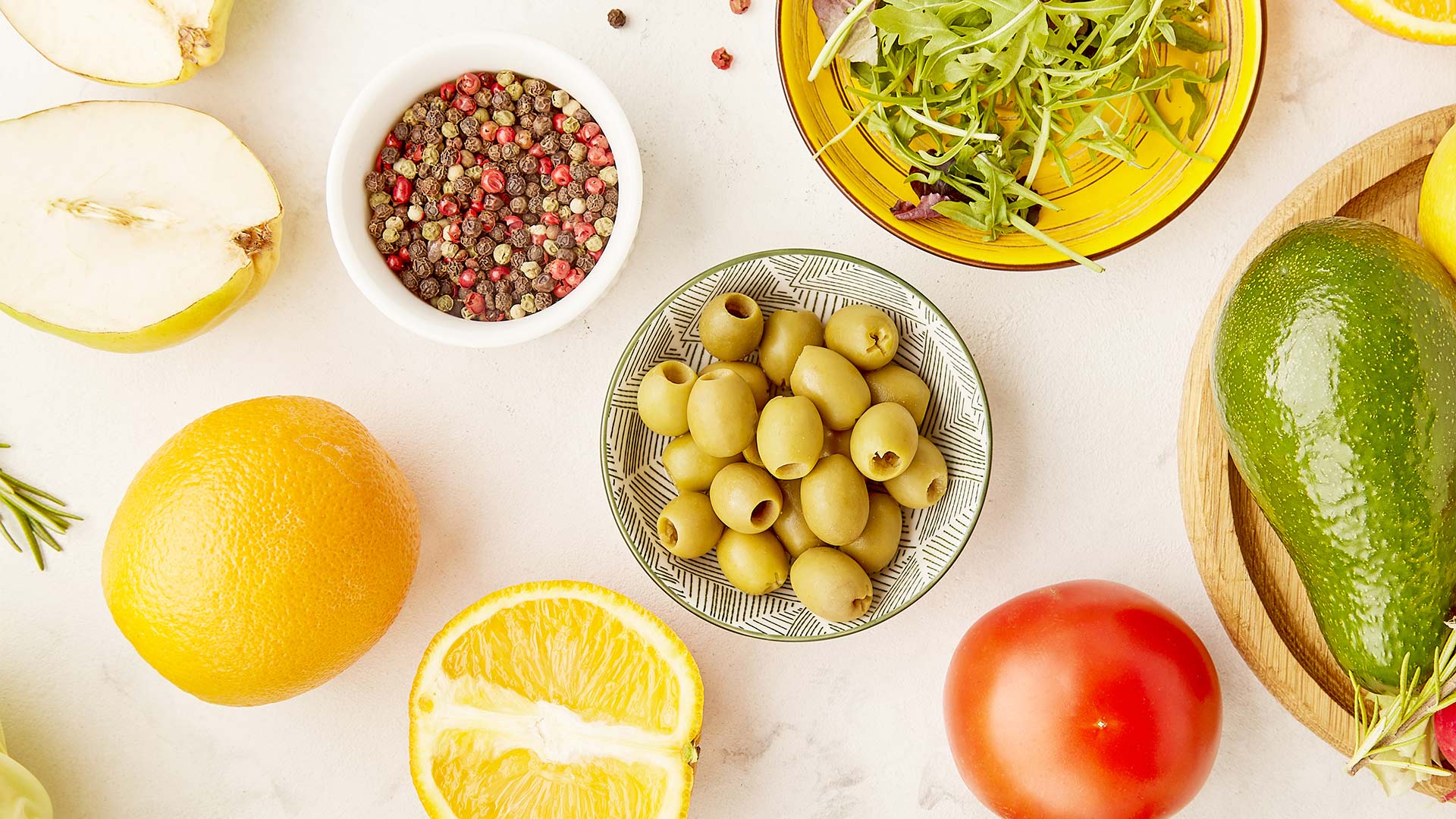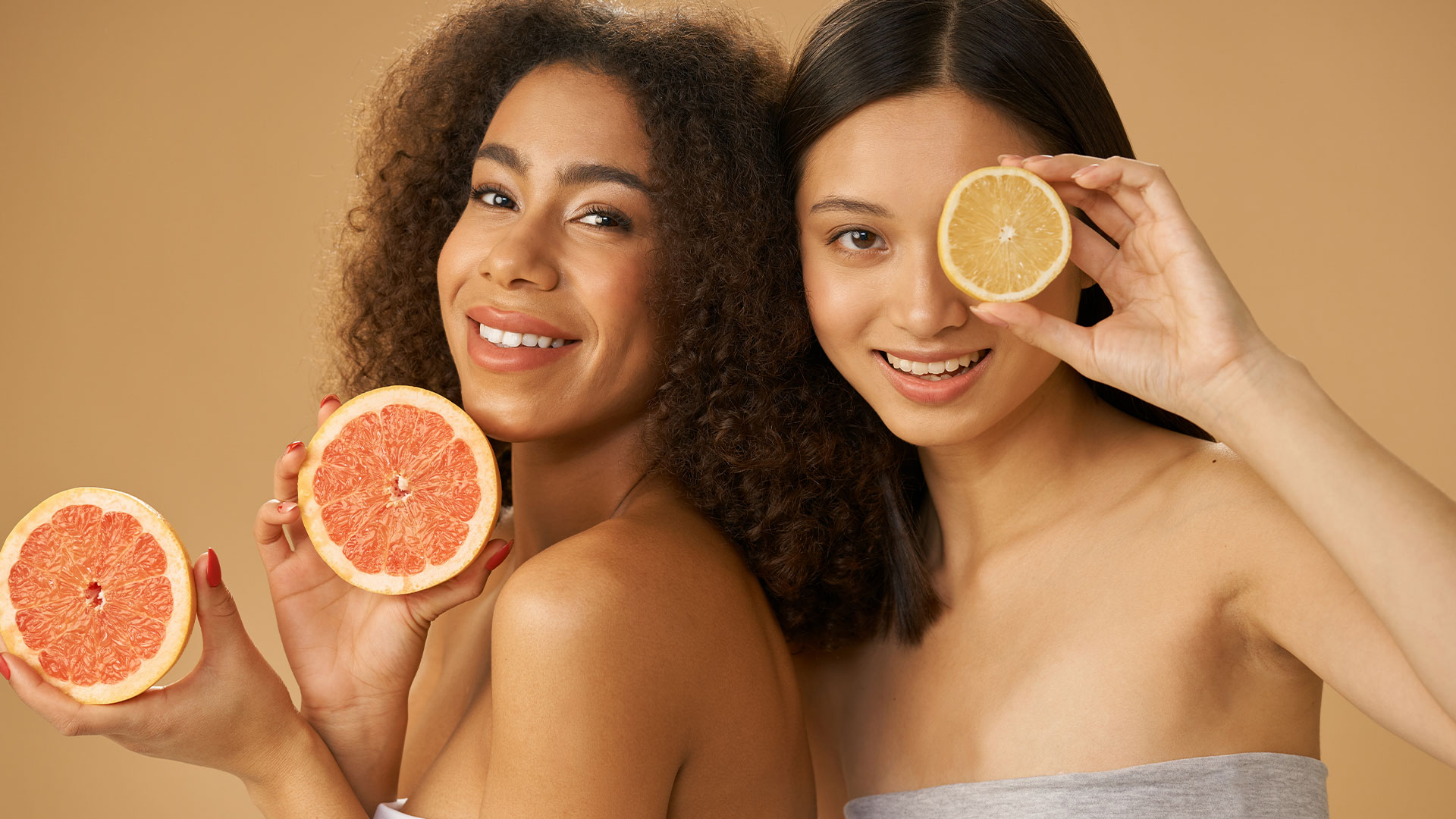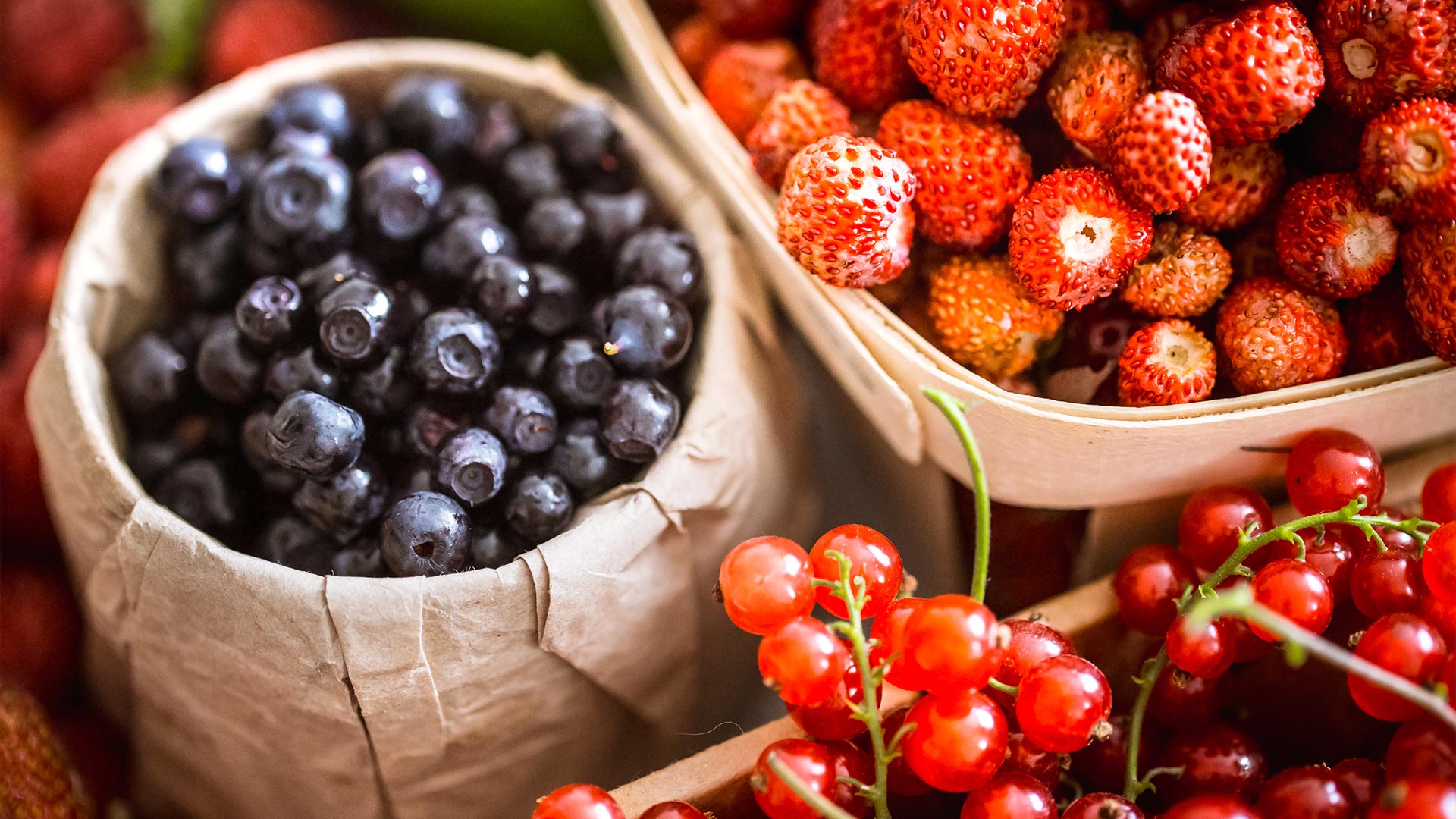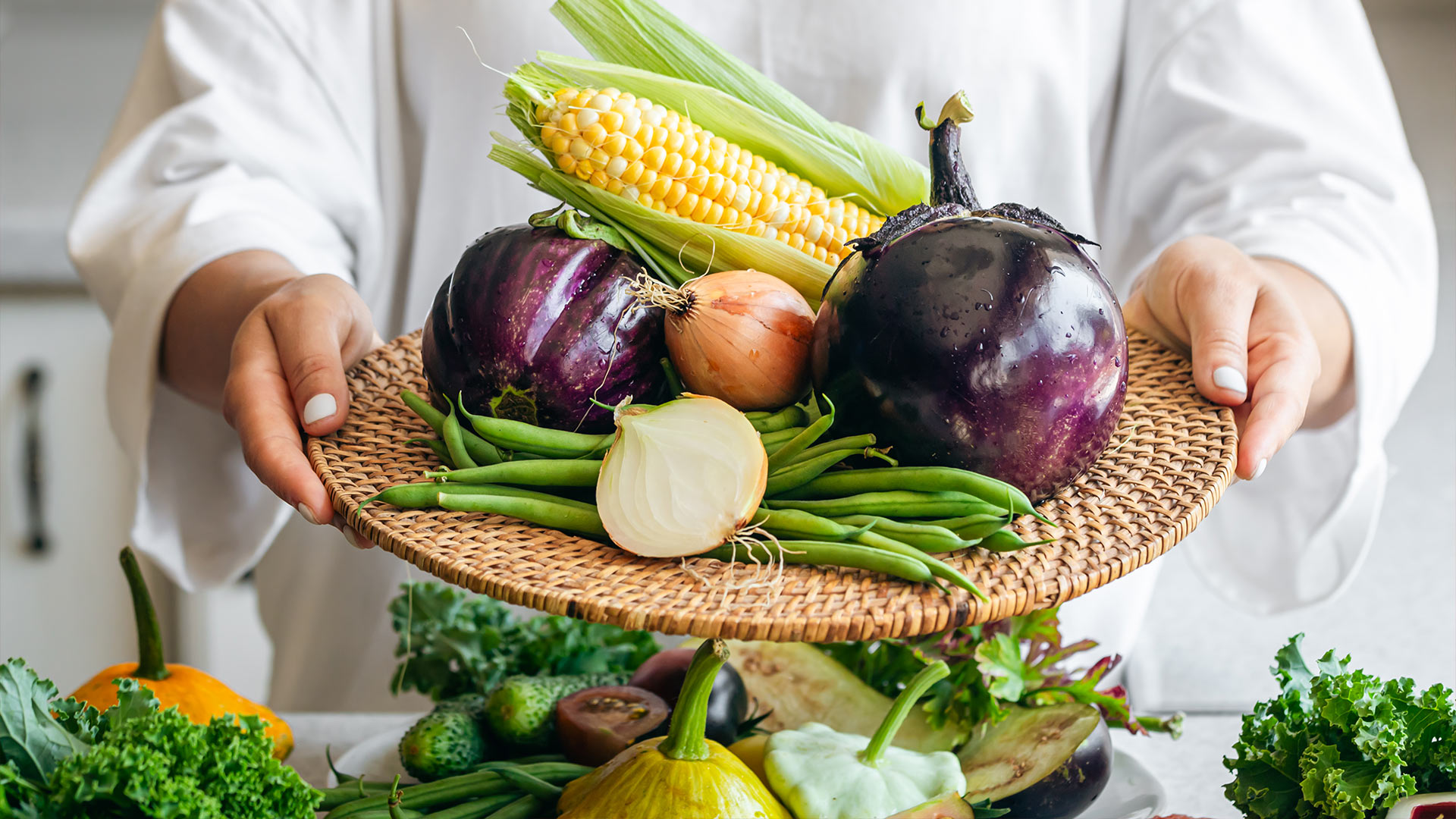Want to age like a European seaside grandma—graceful, glowing, and full of olive oil? Then it might be time to give the Mediterranean diet a serious look.
This isn’t a fad or one of those restrictive “only eat cabbage soup” kind of plans. The Mediterranean diet is more of a lifestyle, inspired by the way people eat in places like Greece, Italy, and southern Spain. And get this: research shows it’s not just good for your heart and waistline—it can also help keep your skin youthful, your energy up, and your mind sharp as the years roll on.
Let’s dive into how this eating style supports graceful aging, from your skin cells to your plate.
What Exactly Is the Mediterranean Diet?
At its core, it’s a plant-forward, whole-foods-based diet that celebrates simplicity and quality ingredients. You won’t find weird powders or packaged “superfoods” here.
The Mediterranean diet emphasizes:
- Fresh vegetables and fruits (lots of them)
- Whole grains like barley, farro, or whole wheat
- Healthy fats, especially olive oil
- Nuts and seeds
- Legumes like lentils and chickpeas
- Seafood and lean protein
- Herbs and spices for flavor instead of salt
- Red wine in moderation (optional, but hey)
And yeah—there’s bread. Real bread. The crusty kind.
Why It’s Great for Healthy Aging
The Mediterranean diet isn’t marketed as an “anti-aging” diet, but it kind of works like one. Here’s why it keeps you looking (and feeling) younger:
- Fights inflammation: Chronic inflammation is behind wrinkles, sagging skin, and age-related diseases. This diet is full of anti-inflammatory foods that calm your system down.
- Rich in antioxidants: Colorful fruits, veggies, and olive oil are packed with antioxidants that neutralize free radicals—the pesky molecules that speed up aging.
- Supports collagen production: Nutrients like vitamin C, zinc, and omega-3s help your body build and protect collagen, which keeps skin firm and bouncy.
- Hydrating: The diet includes water-rich produce, healthy fats, and fewer processed foods that dry your skin out.
- Gut-friendly: Fermented foods and high fiber keep your microbiome happy—and there’s strong evidence your gut health affects how your skin and brain age.
It’s not magic—it’s just really smart, nutrient-dense eating.
Olive Oil: Liquid Gold for Your Skin
Let’s talk about the Mediterranean MVP: extra virgin olive oil. This stuff is loaded with monounsaturated fats and polyphenols, which do wonders for your skin.
Benefits of olive oil:
- Moisturizes from the inside out
- Protects against UV damage (yes, even eaten—not just worn)
- Helps reduce the appearance of fine lines
- Contains vitamin E, a natural antioxidant that boosts elasticity
Drizzle it on everything—salads, roasted veggies, fish, even toast. Just make sure it’s cold-pressed and high quality.
Tomatoes, Peppers, and Greens—Oh My
If the Mediterranean plate had a color palette, it’d be sunset shades of red, orange, and green.
Tomatoes are rich in lycopene, a skin-protecting antioxidant that gets even more potent when cooked. That’s right—simmered marinara sauce is basically skincare.
Red and yellow bell peppers are packed with vitamin C, crucial for collagen. One bell pepper has over 150% of your daily C needs.
Dark leafy greens like spinach, arugula, and kale provide iron, folate, and plant-based hydration to keep your skin looking awake, not tired.
Fish: Your Wrinkle-Fighting Friend
Fatty fish like sardines, salmon, and mackerel are rich in omega-3s, which help reduce inflammation and preserve skin’s structure.
They also provide high-quality protein, which your body needs to maintain muscle tone and bounce-back skin.
Try to get seafood on your plate at least 2–3 times a week. Grilled, baked, or tossed into pasta—just keep it simple.
Red Wine in Moderation (Yes, Really)
Okay, this part feels like a bonus, but it’s real. A glass of red wine a few times a week can offer resveratrol, a plant compound that’s been linked to anti-aging effects.
It’s an antioxidant that may help protect cells from age-related damage—but we’re talking one glass, not three.
If wine’s not your thing, you can also find resveratrol in grapes, blueberries, and peanuts.
Real-Life Day on a Mediterranean Plate
Here’s how a typical glowy-skin Mediterranean-inspired day might look:
Breakfast:
Whole grain toast with smashed avocado and olive oil
- Sliced tomato
- Black coffee or herbal tea
Lunch:
Big salad with arugula, chickpeas, grilled salmon, olives, cucumber, and lemon-olive oil dressing
- Fresh fruit
Snack:
Handful of almonds
- Greek yogurt with honey and berries
Dinner:
Grilled eggplant and zucchini
- Brown rice or farro
- Sardines or shrimp sautéed in garlic and olive oil
- Optional glass of red wine
Dessert:
Fresh figs or a square of dark chocolate
No counting. No stress. Just whole, delicious food that loves your body back.
What Happens When You Eat This Way Consistently
If you make this way of eating your baseline, here’s what many people report within weeks:
- Brighter, calmer skin with fewer breakouts
- Better digestion and less bloating
- Improved energy and mood (especially with the gut-brain connection)
- Softer fine lines and a more hydrated look
- That elusive “you look healthy” vibe you can’t fake
It’s the kind of glow that builds over time—and sticks around.



